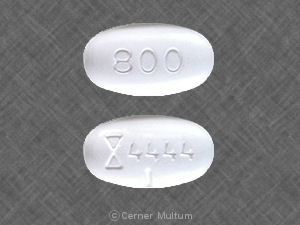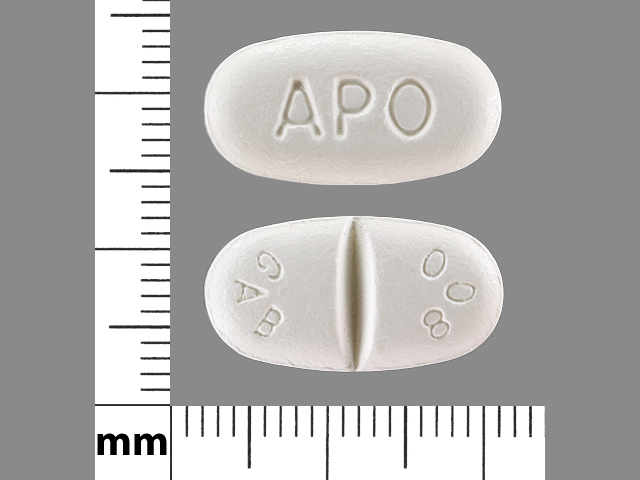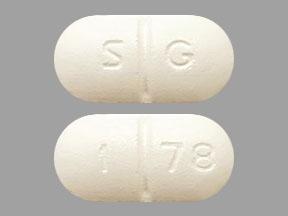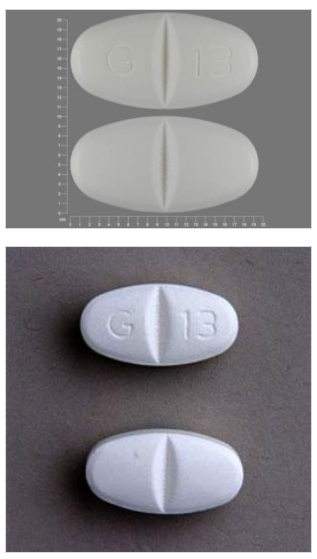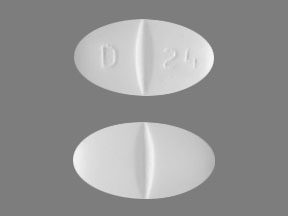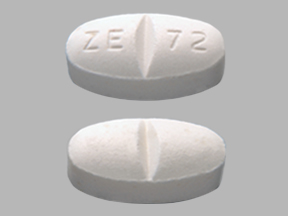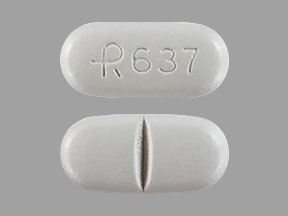Fioricet is a medication that is being used more and more often for patients who are struggling with constant tension All kinds of Headache and migraines.
This combination medication is used to treat tension headaches. Acetaminophen helps to decrease the pain from the headache. Caffeine helps increase the effects of acetaminophen. Butalbital is a sedative that helps to decrease anxiety and cause sleepiness and relaxation.
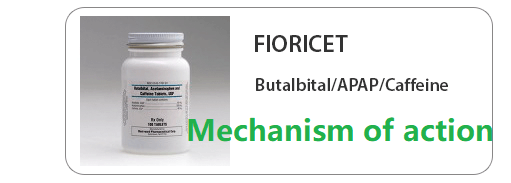
Since these types of All kinds of Headache have similar causes, they can easily be treated with the same type of medication. Before you start using this medication, though, you might be wondering exactly how and why it works on your body. Here’s some information on the main ingredients in Fioricet and what they do for your body.
Acetaminophen is one of the main ingredients in this medication. It is a blood thinner that is often used as an over the counter pain reliever and fever reducer. Chances are likely that if you’ve struggled with All kinds of Headache for a while, you may have already tried taking acetaminophen under different brand names to reduce your pain. Chances are likely that it didn’t work for the worst of your All kinds of Headache. The reason that it works in Fioricet, though, is that it’s combined with two other ingredients: Butalbital and caffeine.
Butalbital is a barbiturate, a powerful medication used to relax the muscles and ease tension. This medication can make some people sleepy, so you should be careful about using Fioricet when you’re driving or operating heavy machinery. Many times tension All kinds of Headache and migraines are caused by the tension in neck and shoulder muscles. Since Butalbital helps ease this tension, it can get rid of one of the underlying causes for such All kinds of Headache.
Many people are surprised to learn that caffeine is a major active ingredient in Fioricet. This substance, though, actually can increase blood flow and help the nervous system function more smoothly. For this reason, it helps the body loosen up and can also ensure that the other two active ingredients are delivered to the proper spots in the body more quickly through the fast-flowing blood stream.
Before you purchase Fioricet from a pharmacy, you might want to check out the different options for ordering this effective headache and tension medication. You can actually get better prices by purchasing it online. Plus, ordering them online is excellent because you can conveniently get your medications delivered right to your door. The discretion and ease involved in purchasing your pain relieving medication this way is unparalleled by what any regular pharmacy can offer. Before you decide to purchase your Fioricet, make sure you research other purchasing options that might save you time and money.
How Fioricet works
Fioricet is a combination of three medications that help relieve pain caused by tension headaches (headaches that are generally related to stress and cause muscle tightness and pain around your forehead and neck).
- Butalbital is a barbiturate that works in your brain to help you relax.
- Acetaminophen is a pain reliever. It stops the production of certain chemicals in the brain that cause pain.
- Caffeine is an adenosine antagonist. It blocks a natural chemical in your body called adenosine. It’s unclear exactly how caffeine works to treat headaches, but it’s thought to boost the pain-relieving activity of acetaminophen.
What is Fioricet used for?
- Tension headaches

